US doubles steel import tax, world in turmoil
On May 30, at the US Steel Corporation plant in Pennsylvania, President Donald Trump announced an increase in steel import tariffs into the US from 25% to 50%, effective from June 4. This decision is aimed at protecting the domestic steel industry from cheap steel from abroad, especially from China and also from allies such as the European Union (EU) and Australia.
The Trump administration's goal is not only to protect jobs, but also to ensure national security through self-sufficiency in the supply of high-quality steel - a core material for warships, missiles, industrial robots and high-tech infrastructure such as electric vehicles or nuclear energy systems.
“A strong steel industry is not just a matter of honor, prosperity and pride – it is above all a matter of national security,” Mr. Trump stressed.
With a 50 percent tariff, cheap imported steel will have a hard time competing, allowing American producers like US Steel to invest heavily in technology and expand production. The move also comes with a signal of possible approval of the merger between US Steel and Nippon Steel (Japan), with a $14 billion investment from Nippon to upgrade steel industry infrastructure in the US, while maintaining control of the domestic market.
This shows that Mr. Trump's strategy is not only protectionist but also encourages selective international cooperation to strengthen domestic capacity.
Mr. Trump's statement immediately affected steel industry stocks in many countries, including South Korea and Vietnam.
Shares of Posco, Hyundai Steel... fell 2.4-2.7% in the session on June 2. In Vietnam, Hoa Phat Group (HPG), chaired by Mr. Tran Dinh Long, fell nearly 0.8% on June 2; HSG shares of Hoa Sen Group fell more than 1.8%; Nam Kim Steel (NKG) fell 1.5%... Investors are concerned that businesses will face difficulties exporting steel to the US.
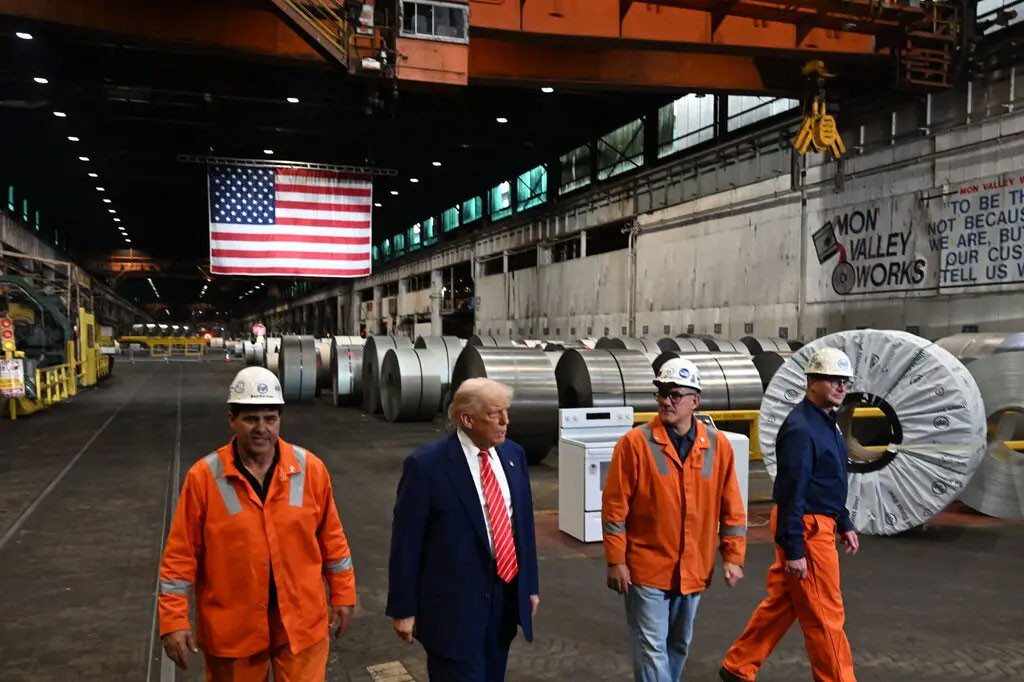
However, Mr. Trump's decision may also force countries to reconsider their strategies for building internal strength in important industries and core supply chains in economic development, including the steel industry.
This is also the time when corporations can take advantage of national strategic policies to break through.
In Vietnam, there was a rather coincidental event. At almost the same time, Hoa Phat Group (HPG) - chaired by Mr. Tran Dinh Long - on May 29 signed a contract with SMS Group (Germany) to receive technology transfer and production lines for steel rails and shaped steel with a capacity of 700,000 tons/year.
Expected to be completed in the first quarter of 2027, this line will help Hoa Phat become the only enterprise in Southeast Asia to produce steel rails for high-speed railways, meeting international standards of Europe and Japan.
This is a strategic step, putting Vietnam on the global high-tech steel production map. Thereby, helping to reduce dependence on imports and meet the needs of key projects such as the North-South high-speed railway.
At the discussion between Prime Minister Pham Minh Chinh and businesses on May 31, HPG Chairman Tran Dinh Long emphasized the role of policies to protect domestic production, especially through Resolution 68 and Resolution 198, calling for clear guidelines to prioritize the use of domestic materials in public investment projects.
The move by Hoa Phat Group comes at a time when the Trump administration is introducing a policy to protect the US steel industry. This could be a barrier, but it could also be an opportunity as many Vietnamese corporations are facing a “once in a thousand years” project like the North-South High-Speed Railway project.
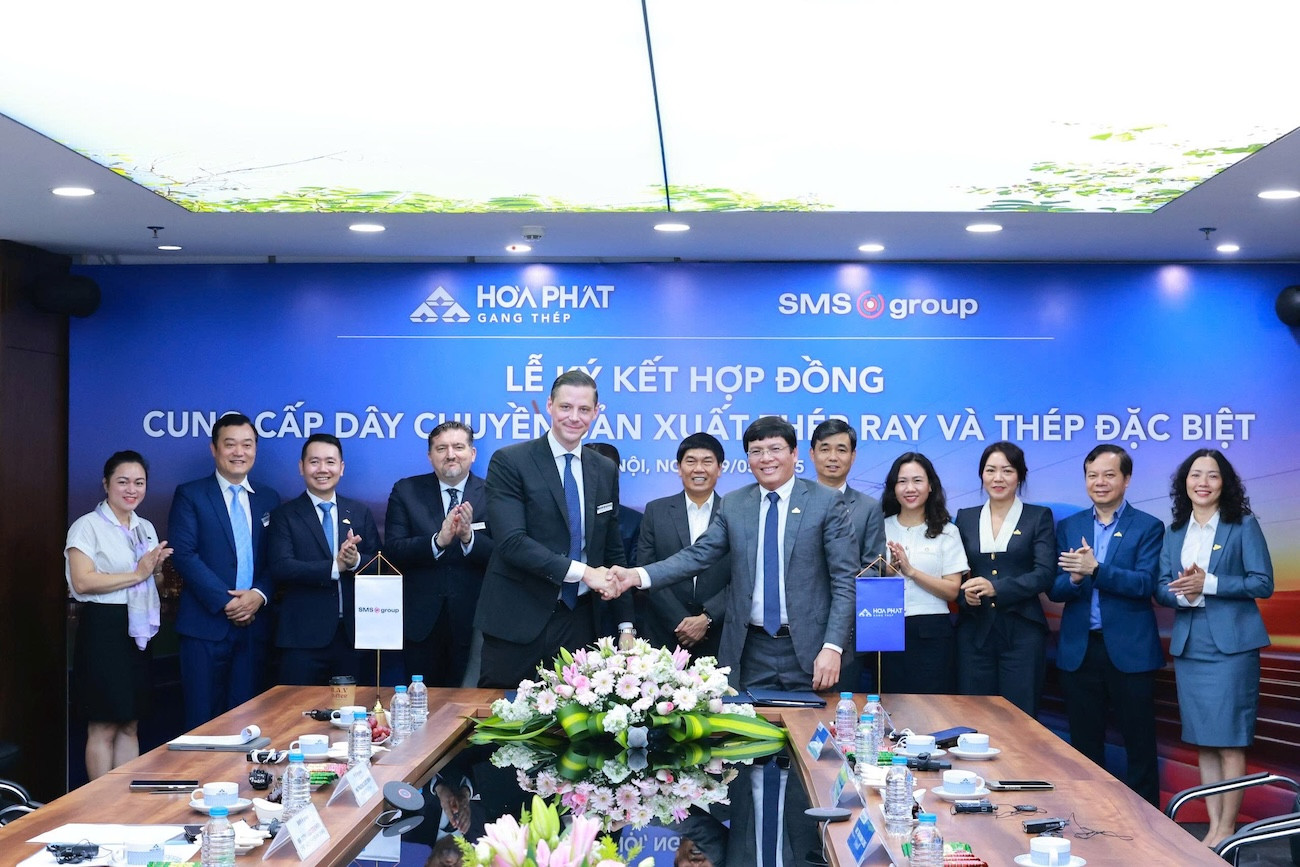
Barrier or once-in-a-lifetime opportunity for Vietnamese tycoons?
The steel industry is not only the backbone of traditional industries but also the foundation for high-tech sectors. In the US, high-quality steel is vital for many important manufacturing sectors such as: warships, missiles, satellites, AI robots and renewable energy infrastructure.
Reliance on imported steel, especially from countries with uneven quality standards, can pose a strategic risk to the US. Mr Trump’s decision to increase steel tariffs to 50% is seen as a statement of technological autonomy, ensuring that the US controls the supply chain of strategic metals, thereby maintaining a competitive advantage over rivals such as China.
Similarly, in Vietnam, the high-quality steel industry plays an important role in the modernization and industrialization process. Projects such as the North-South high-speed railway, energy infrastructure, or mechanical engineering production require special steel with high precision and durability.
Hoa Phat Group's investment in a steel rail and profile production line using technology from German SMS Group not only meets domestic demand but also opens up export opportunities.
The role of private corporations in mastering strategic supply chains is identified as important to any country, including a superpower like the US, in the context of increasingly fierce geostrategic competition.
Controlling domestic steel supply helps promote supporting industries such as mechanics, transportation and defense.
Resolution 68 and the Vietnamese Government's policies to support the private economic sector are considered the foundation for private enterprises to invest heavily in technology, thereby improving national competitiveness.
It can be seen that Mr. Trump's decision to protect the steel industry is perhaps a reminder that, in the high-tech era, a country can only maintain its strength when it masters its core industries. Vietnam can build protectionist policies and encourage technology investment, ensuring a high localization rate in strategic projects.

Source: https://vietnamnet.vn/ong-trump-tang-gap-doi-thue-thep-vua-thep-tran-dinh-long-dang-hop-thoi-2407398.html








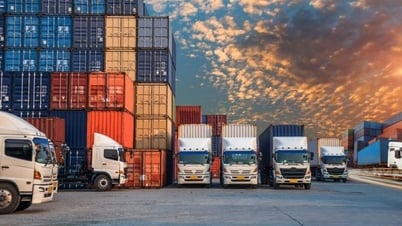

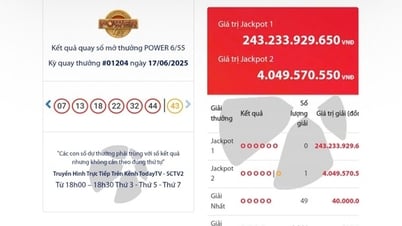


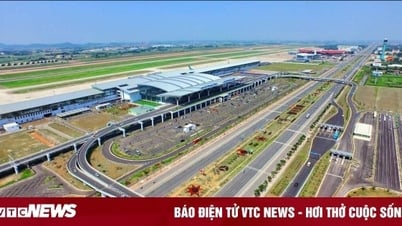

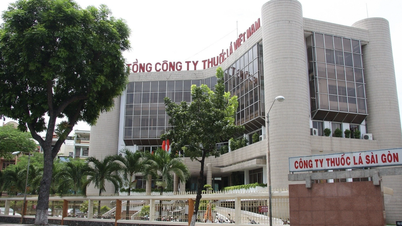

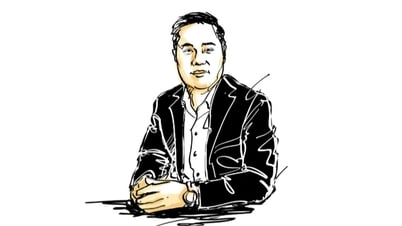








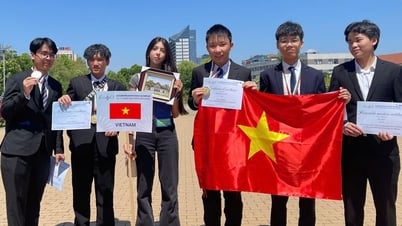






















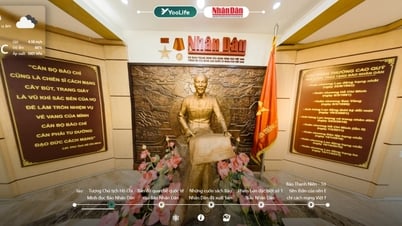


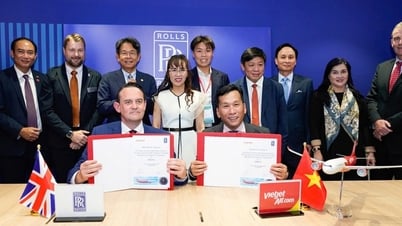

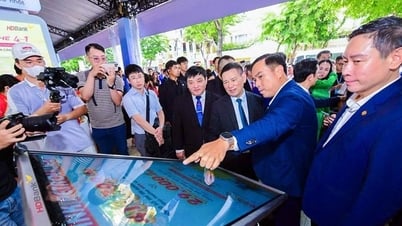

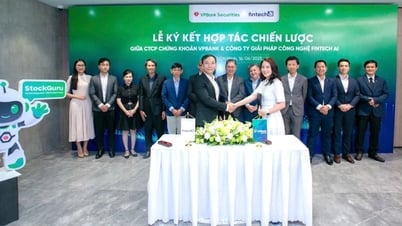

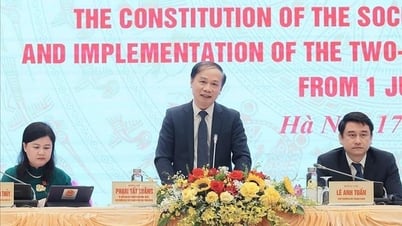





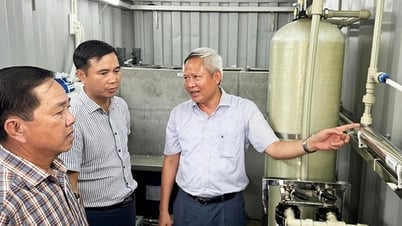




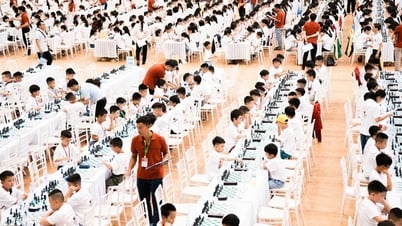
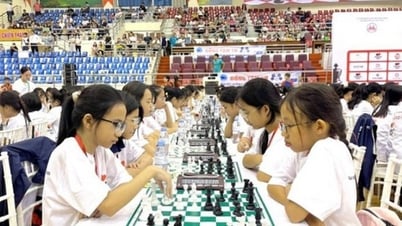

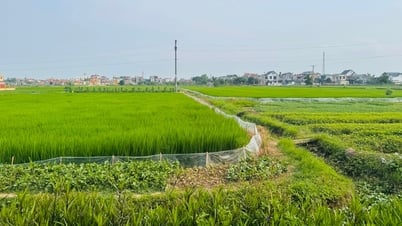





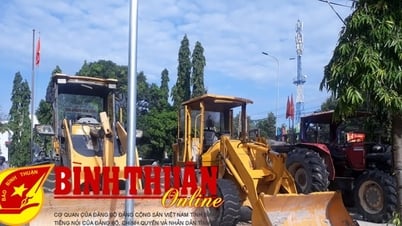



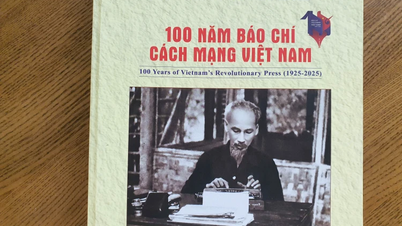

















Comment (0)